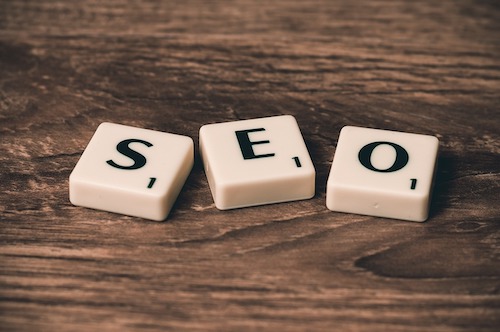
“Unbreakable” – The bond between mother and son
June 4, 2024
“Best Mom in the World” – Karen sets the bar for kindness in her family
June 5, 2024Don’t Fall for These 5 SEO Myths: The Real Facts Revealed
Search engine optimization (SEO) is a crucial aspect of digital marketing, but there are many myths and misconceptions surrounding it. In this article, we will debunk the five most common SEO myths and provide you with the real facts to help you optimize your website effectively. Don’t fall for these misconceptions and ensure that your SEO strategies are based on accurate information.
Myth: Keyword density is the most important factor in SEO.
Many people believe that the more keywords you include in your content, the better it will rank in search engine results. However, this is not true. While keywords are important for SEO, keyword density is not the most important factor.
Search engines now prioritize high-quality, relevant content that provides value to users. Instead of focusing on keyword density, focus on creating informative and engaging content that naturally incorporates relevant keywords. This will not only improve your SEO, but also provide a better user experience.
Create a personalized gift they’ll never forget. Don’t miss out, shop now at MyFrontPageStory.com!
Myth: Low-volume search terms are a waste of time.
Many people believe that targeting low-volume search terms is not worth the effort because they don’t generate a lot of traffic. However, this is a common misconception.
While high-volume search terms may bring in more traffic, they also come with higher competition. Targeting low-volume search terms can actually be beneficial for several reasons.
Firstly, they often have less competition, making it easier for your content to rank higher in search engine results. Secondly, they can attract a more targeted audience who are specifically looking for that particular topic or product. Lastly, targeting a variety of low-volume search terms can help diversify your traffic sources and reduce your reliance on a few high-volume keywords.
So don’t overlook low-volume search terms. They can still contribute to the growth of your website and improve your overall SEO strategy.
Myth: Buying links will boost your rankings.
This is a common myth in the world of SEO, so it is important to debunk it. Buying links is not a legitimate strategy for boosting your rankings and can actually have negative consequences for your website. Search engines like Google have sophisticated algorithms that can detect unnatural link patterns, and if they determine that you are buying links, your website can be penalized or even banned from search results.
Instead of buying links, focus on creating high-quality content that naturally attracts links from reputable websites. Building organic, high-quality backlinks is a much more effective and sustainable strategy for improving your rankings and driving organic traffic to your website.
Myth: Page speed doesn’t affect SEO.
This is a common misconception that many people believe, but the truth is that page speed does have an impact on SEO. Search engines like Google take into account the loading speed of a website when determining its ranking in search results.
If your website takes too long to load, it can negatively affect your SEO efforts and result in a lower ranking. Additionally, a slow-loading website can lead to a poor user experience, causing visitors to leave your site and increasing your bounce rate.
To improve your page speed and enhance your SEO, optimize your images, minify your code, and leverage browser caching.
Myth: Meta tags have no impact on SEO.
This is another common myth that needs to be debunked. While it is true that meta tags alone won’t guarantee a high ranking in search results, they still play a crucial role in SEO. Meta tags provide information about the content of a webpage to search engines, helping them understand what the page is about.
This information is then used by search engines to determine the relevance and quality of the page for specific search queries. Therefore, it is important to optimize your meta tags by including relevant keywords and accurately describing the content of your webpage.
This can improve your chances of ranking higher in search results and attracting more organic traffic to your website.
Written by Ubersuggest




